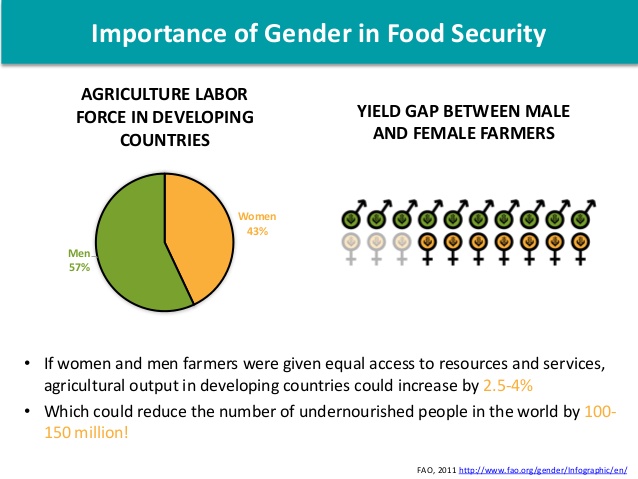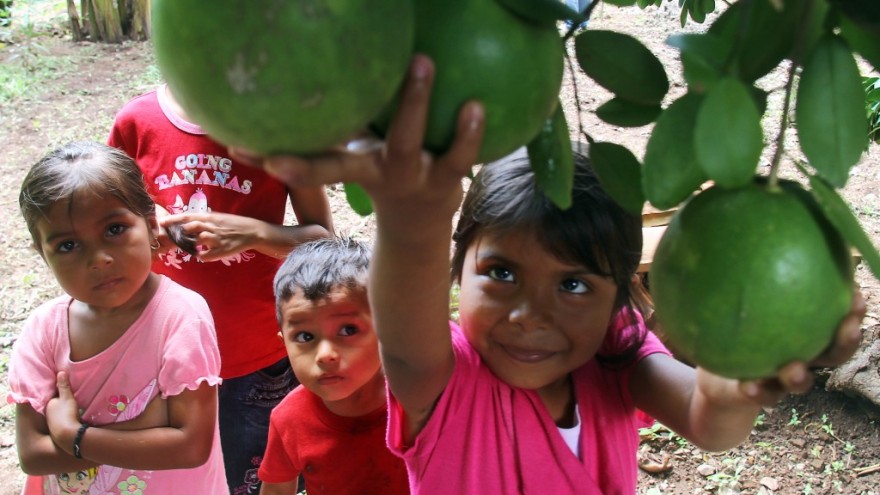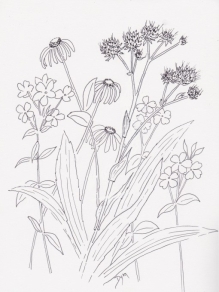Marcin Jakubowski deems the open source economy “an antidote to artificial scarcity,” which has the potential to revolutionize the food production system through open source industrial machines and DYI sustainable farming tool kits. “Artificial scarcity” refers to the condition whereby a good is seemingly limited, meaning that the technology and production exists to create a theoretically limitless abundance of that good. This contrived scarcity results in the unequal distribution of goods and resources where there otherwise wouldn’t be. Jakubowski’s approach explicitly focuses on the control of material resources, creating an overabundance of food and burgeoning obesity crisis in developed nations, and a finite amount of food and resources in countries within the Global South. For example, Sally Humphries’ essay, “Evaluation of the Gender Impacts of Farmer Research Teams in Honduras,” demonstrates that rural communities suffer from pervasive food insecurity and lack access to basic services, such as health, secondary education, potable water, sanitation, electricity, etc. (World Bank, 2004).
Although Jakubowski focuses on the material realities of artificial scarcity, Humphries’ article informs and expands Jakubowski’s position by noting how collaborative open source design not only combats food scarcity, but also has a societal “ripple effect” on communities. This ripple effect, Jakubowski explains, spans beyond the issue of food security into the realm of the social: “collective action around food security has the potential to support gendered social change” providing “a space where generative empowerment permits both women and men to challenge unequal gender roles and to open cracks for transgressing social boundaries.” Humphries’ research reveals how collective action around the problem of food stability, “where gender is of secondary importance, has the potential to support gendered social change.” In rural Honduras communities where agricultural knowledge is almost entirely controlled and regulated by men, the use of participatory platforms encouraged women “to become actively engaged in searching for sustainable solutions to chronic food insecurity.” Remarkably, not only did this communal collaboration begin to tackle the issue of food insecurity, but it also challenged oppressive gender roles, empowered subjugated individuals, and validated female knowledge production.
Some of the research results and findings are listed below:
- “Ethnographic research over more than 15 years and interviews with women in these communities about the project, its activities, and agricultural impacts revealed a strong, joyous sentiment among women project participants, that they had more confidence, more friends, more knowledge, and more power in their families and communities.”
- “Quantitative research in 2004 affirmed gendered impacts. The study found correlations between project participation by men and women in local organizations, primarily farmer research teams, and perceptions that gender roles had changed in ways that supported increased ‘libertad,’ or freedom.”
- “Longitudinal data gathered since the quantitative study showed not only that sustained gender role change had occurred in households of women CIAL participants but also evidence of men’s unmistakable pride in their wives’ self-confidence and achievements, helping to confirm CIAL participation as the best explanation of gendered change.”
Along with positive production outcomes within the food production sector, this shift from privatized and male-dominated strategies to open and inclusive forums resulted in positive social externalities. Material outcomes of open source within the Honduras community, such as increased profits and technical innovation within the food production sector, are evidently coupled with positive social impacts and innovations -female empowerment and gender equality. So, what does this mean for open source and sustainability? If industries and patent designs are exclusively owned by men, such as in STEM fields where women participation is low, businesses are losing out on opportunities for both material and social innovation.


Humphries, Sally , and Lauren Classen. “Opening Cracks for the Transgression of Social Boundaries: An Evaluation of the Gender Impacts of Farmer Research Teams in Honduras.” World Development, Pergamon, 14 June 2012, http://www.sciencedirect.com/science/article/pii/S0305750X12001180.
